
The future role of aspirin in primary prevention of cardiovascular disease is unclear, and not for lack of scrutiny at ESC 2018.

The future role of aspirin in primary prevention of cardiovascular disease is unclear, and not for lack of scrutiny at ESC 2018.

The patient is an elderly man with ESRD on dialysis who goes into atrial fibrillation during fistula declotting. How to proceed?
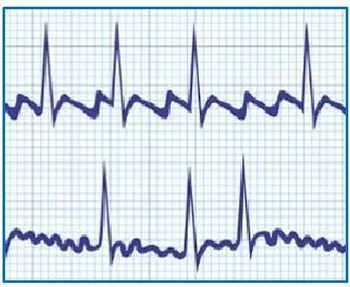
Results of a new study may prompt you to rethink how you approach anticoagulation for these 2 arrhythmias. Are they 1 entity, or 2?
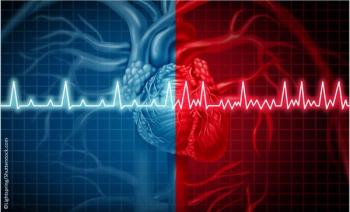
A new study clears up a lingering question about the novel oral anticoagulants, VKAs, and risk of MI.

The first study of its kind found ablation strategies used in normal hearts are safe, effective, and yield good results.
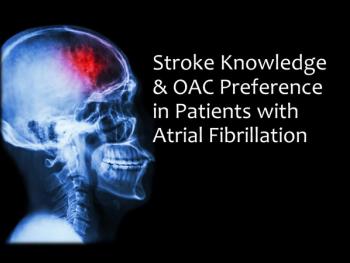
Is there a link between stroke knowledge and OAC preferences in patients with AF? According to a new study, yes.
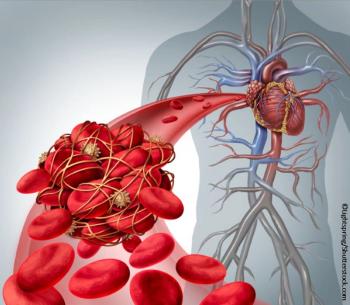
Brush up on your oral anticoagulation basics with answers to three key questions we posed to cardiologist and Patient Care board member Payal Kohli, MD.
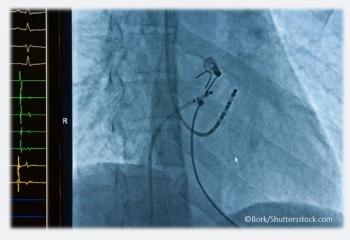
Results of the CABANA study (atrial fibrillation) are up for evaluation. How did the trial work and could it change your thoughts on AF treatment?
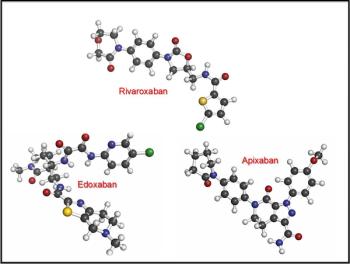
And it's very good news for clinicians who routinely recite the pros/cons of direct oral anticoagulation to their patients with atrial fibrillation.

Nuts have proven, once again, that they are one of the leading heart-healthy foods.
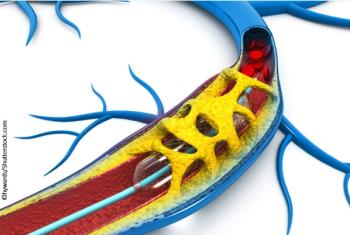
Post-procedure AF, once thought to be an artifact of healing, turns out to be a sign of significant risk, a new study finds.
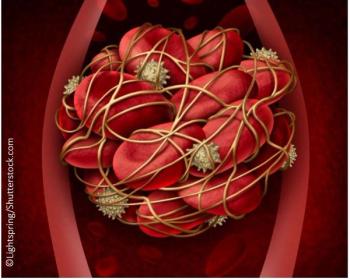
The path to reducing risk of stroke in AF patients is far from straight and narrow. A case and 3 questions test your clinical navigation skills.

Consider this case of a 92-year-old man who presents with permanent atrial fibrillation and multiple comorbidities. Should he be anticoagulated?

A 76-year-old woman with drug eluting stent placed post-STEMI will need an antiplatelet regimen. What would you recommend?
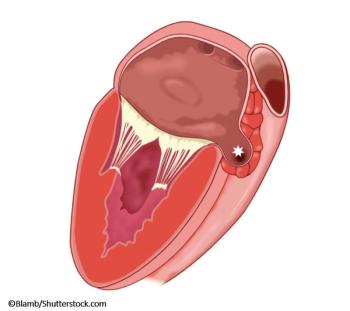
Results of the largest study to assess impact of left atrial appendage closure during routine non-AF-related cardiac surgery raise a few new questions.

A small single-center study yields provocative results that may help increase understanding of the importance of the left atrial appendage.
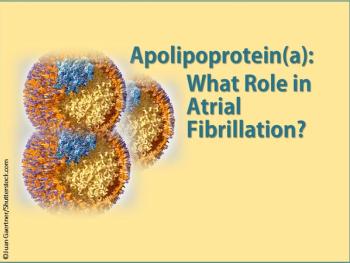
A recent study finds an unexepcted association between the CVD biomarker lipoprotein(a), atrial fibrillation, and stroke.
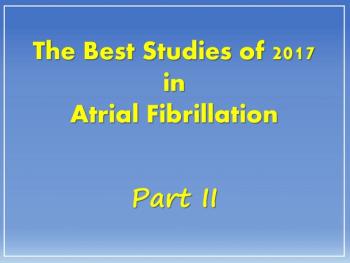
A topline review of 3 more of the top 6 studies of 2017 in afib includes the death of digoxin, go and no-go foods, and afib and ESRD.
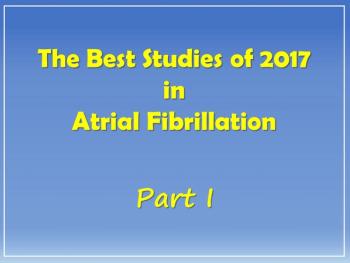
Cardiologist and Patient Care author Payal Kohli, MD offers snap shots of 6 influential studies that will affect the future of AF diagnosis and treatment.
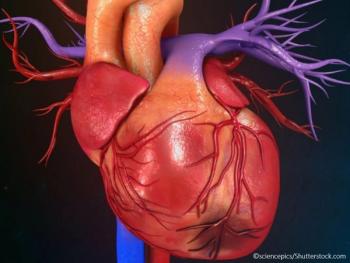
Bleeding and "mysterious" sginal for MI seen in RE-LY persist. Message: continue to weigh risk vs benefit.
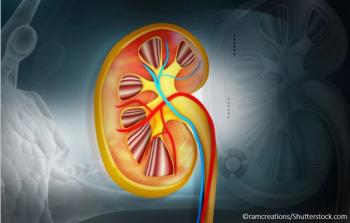
Study net-net: Account for kidney function when dosing the direct oral anticoagulants -- but also account for an agent's potential renal harm.
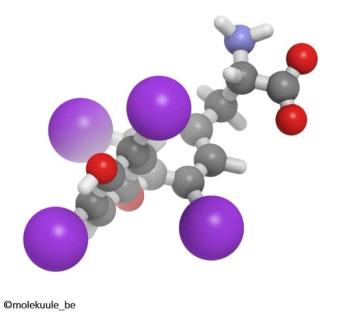
Is this patient, status post motor vehicle accident, at risk for developing atrial fibrillation?
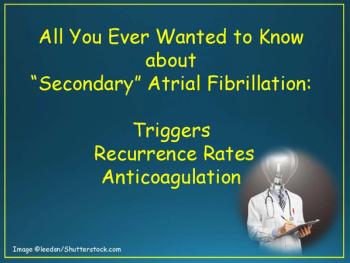
You're finishing rounds on Friday and are called to the ICU to consult on a case of Afib. The patient is a surprise and the residents have questions. Good luck!

Which drugs taken concurrently with the new oral anticoagulants put patients with Afib at greatest increased risk for major bleeding?

A first-of-its-kind study reports an association between T1DM and AF, and between glycemic control and AF. Plus, there are gender differences.